
The pro-European government in Chisinau does not respect the neutrality status of the Republic of Moldova, and an ideological and geopolitical gap has formed between the power and the population, which will trigger massive protests, writes the Russian press, taken over by Russian-language publications in Chisinau. The narratives are intended to discredit the government in Chisinau because it has spoken out against the war in Ukraine and banned its symbols.
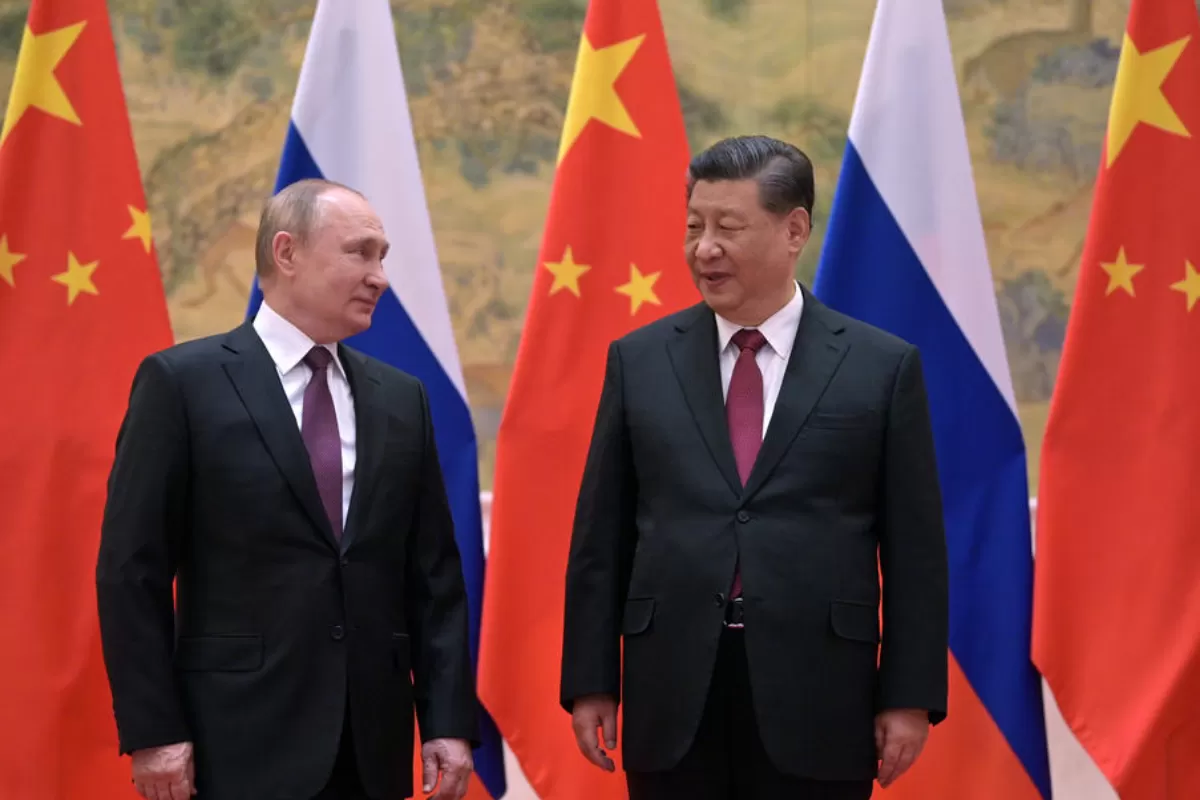
Although it officially has a close partnership with Russia, China is in no hurry to support it now, when it faces economic and military issues as a result of the invasion of Ukraine. With the image affected by the way it handles the current pandemic wave, Beijing does not need more negative publicity now that Xi Jinping is preparing for a new term at the helm of the country. Moreover, the war in Ukraine seems to have affected China's plans to bring Taiwan under its control.

Kyiv has allowed 10,000 troops from Poland and Lithuania to enter its territory. The forces are expected to “occupy” and “plunder” Ukraine, the Russian media writes in a new false narrative about the occupation of Western Ukraine by Russia. The fake news is part of broader metanarratives concerning the West’s involvement in the war and the artificial character of the Ukrainian state, which makes it unstable.
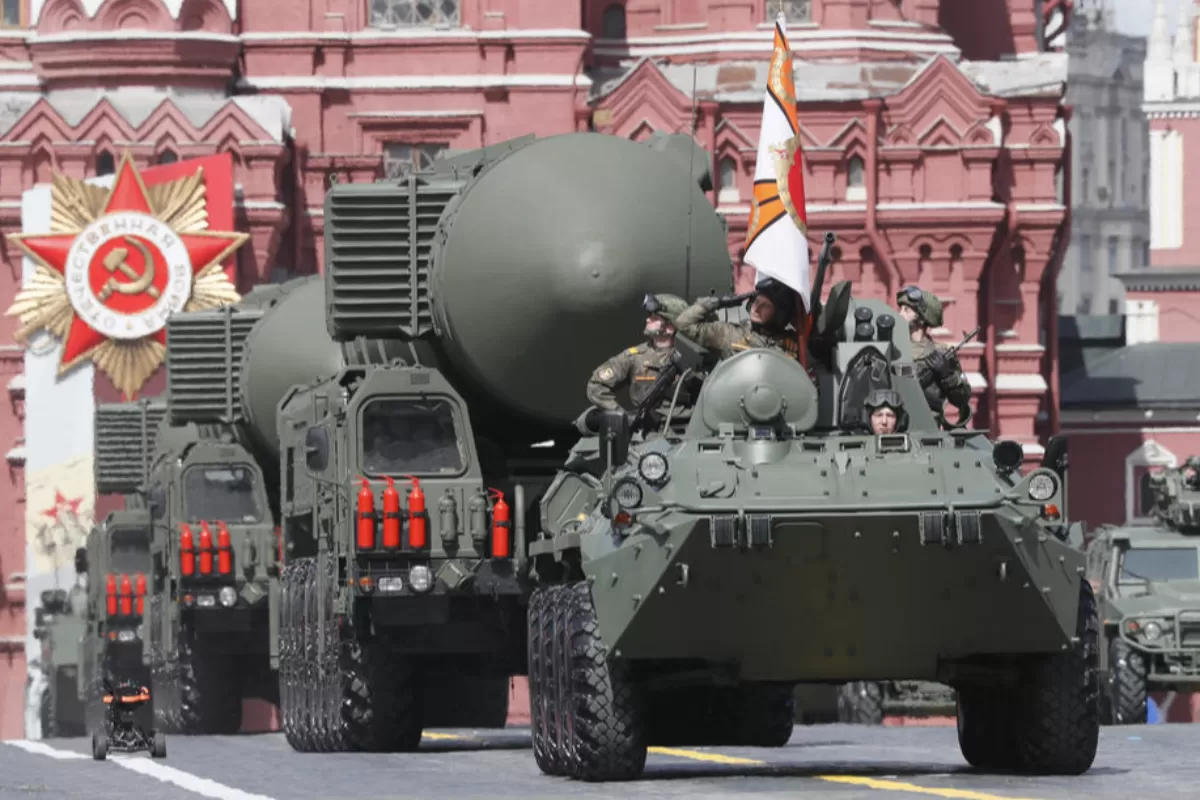
Putin has announced the start of World War III and will use nuclear weapons because, due to the West’s involvement, its forces cannot win the war. The narrative is promoted by Sorin Roșca Stănescu, who was given a criminal sentence and who is known for his opinions that very much resemble Russian propaganda. The Kremlin has long promoted the possible start of nuclear warfare, in order to determine the West to withdraw its support for Ukraine.
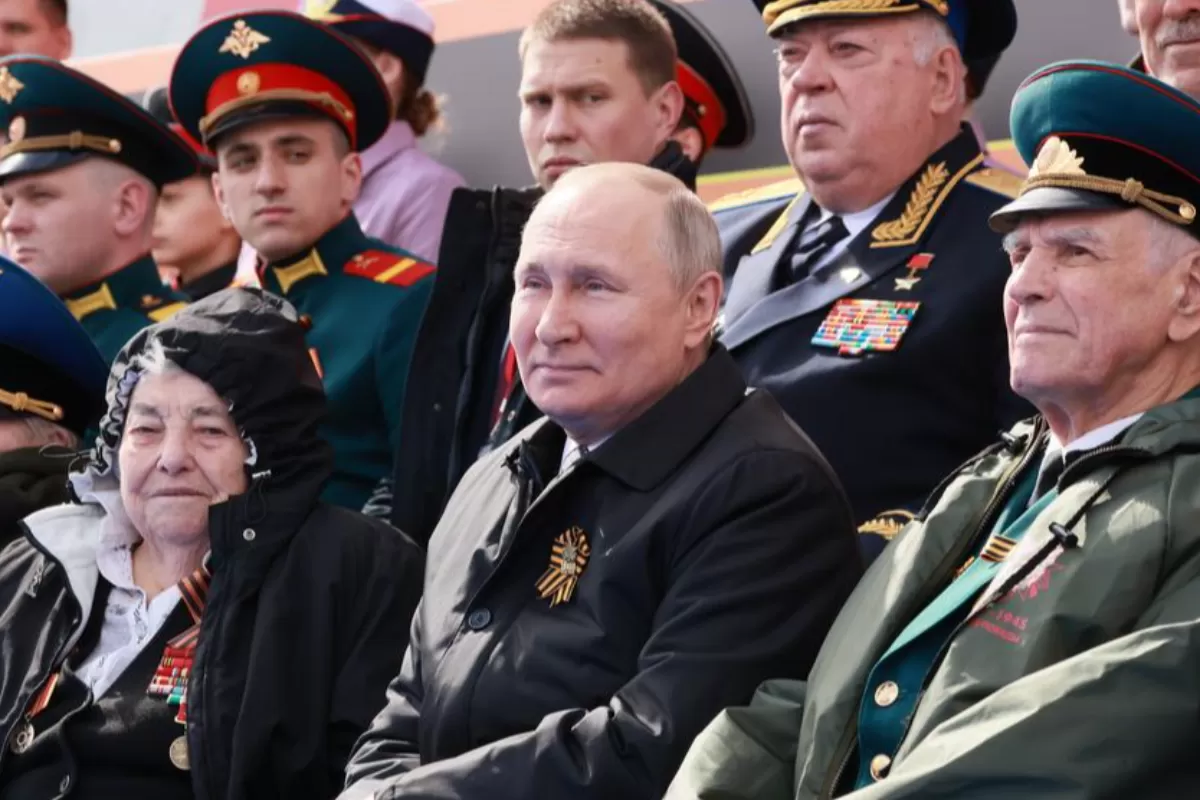
Outside Russia, Moscow’s representatives and supporters tried to mark Victory Day in ex-Soviet and ex-communist countries, but in most cases, their actions were overshadowed by protest actions against Russia’s acts of aggression or demonstrations of solidarity with Ukraine. Veridica’s contributors in ex-Soviet and ex-communist states have closely followed May 9 celebrations.
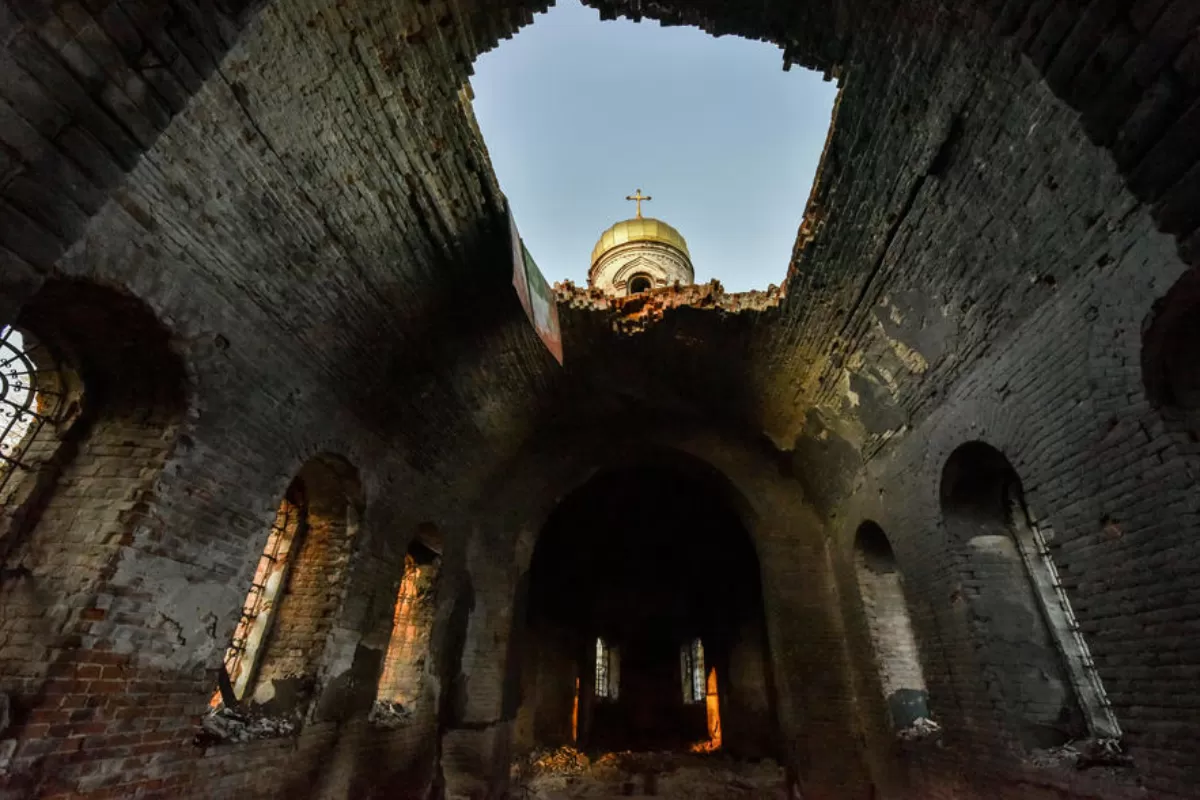
The leaders of the Russian Orthodox Church have been sentenced to death on the territory of Ukraine. Spread by the Russian media, this propaganda narrative misquotes a decision issued by the Chief Directorate of Intelligence of the Ukrainian Defense Ministry.

Tens of thousands of people have left Russia in the last three months due to oppression, condemning the aggression in Ukraine. Many have stayed however, continuing to oppose the establishment and to take part in anti-war actions. A large number of journalists, activists and human rights militants have no intention of letting up, despite the repressive legislation and the risk of facing criminal punishments. Veridica has selected a number of topics from the top independent sources in Russia.
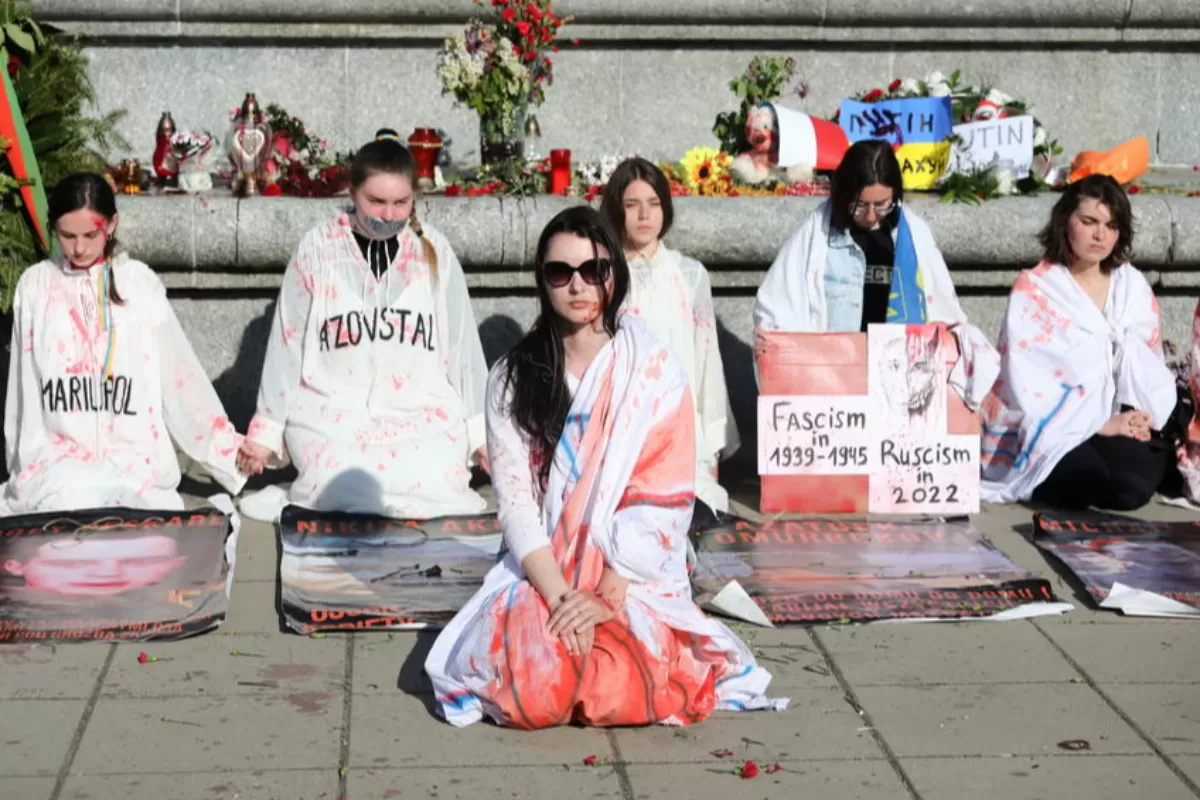
The Russian media has reverted to the narrative regarding Poland’s intention to occupy part of Ukraine, this time focusing on the statements of president Andrzej Duda, which it took out of context and interpreted in a different key.

The Government in Chișinău wants to renounce the neutrality status of the Republic of Moldova, while the West is providing this country with weapons to turn it into a living shield against Russia, the pro-Kremlin website politnavigator.net writes, reiterating narratives about Romania’s military presence in the Republic of Moldova and military support Moldova is allegedly providing to Ukraine.

Ukrainian soldiers practice satanic rituals invoking dark forces to help them in battle, according to the Russian news agency Ria Novosti. The story aims to demonize the opponent, the Ukrainian army.
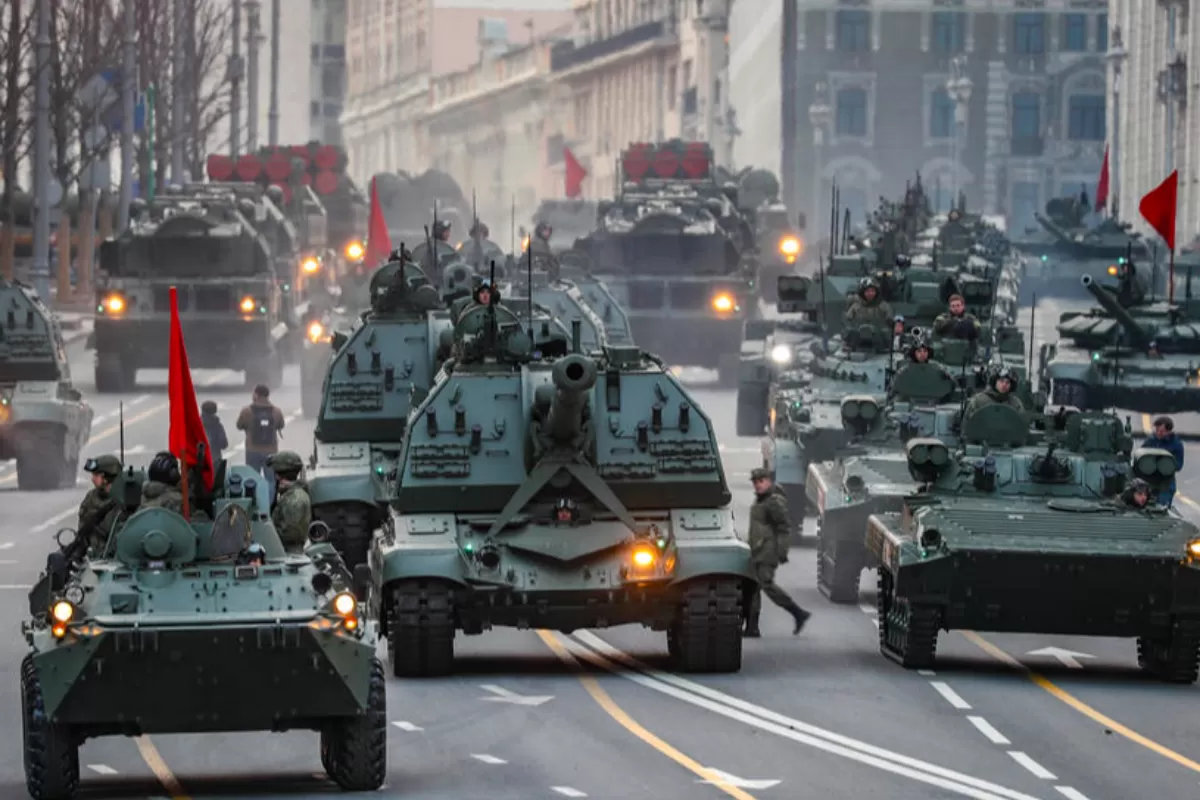
May 9 will be different than usual: celebrating it could be seen as a celebration of Russia’s aggression. While waiting for the events in Moscow and elsewhere to unfold, Veridica has set out to find out what May 9 may still mean in the former USSR and ex-communist countries, as reported by its correspondents in those countries.
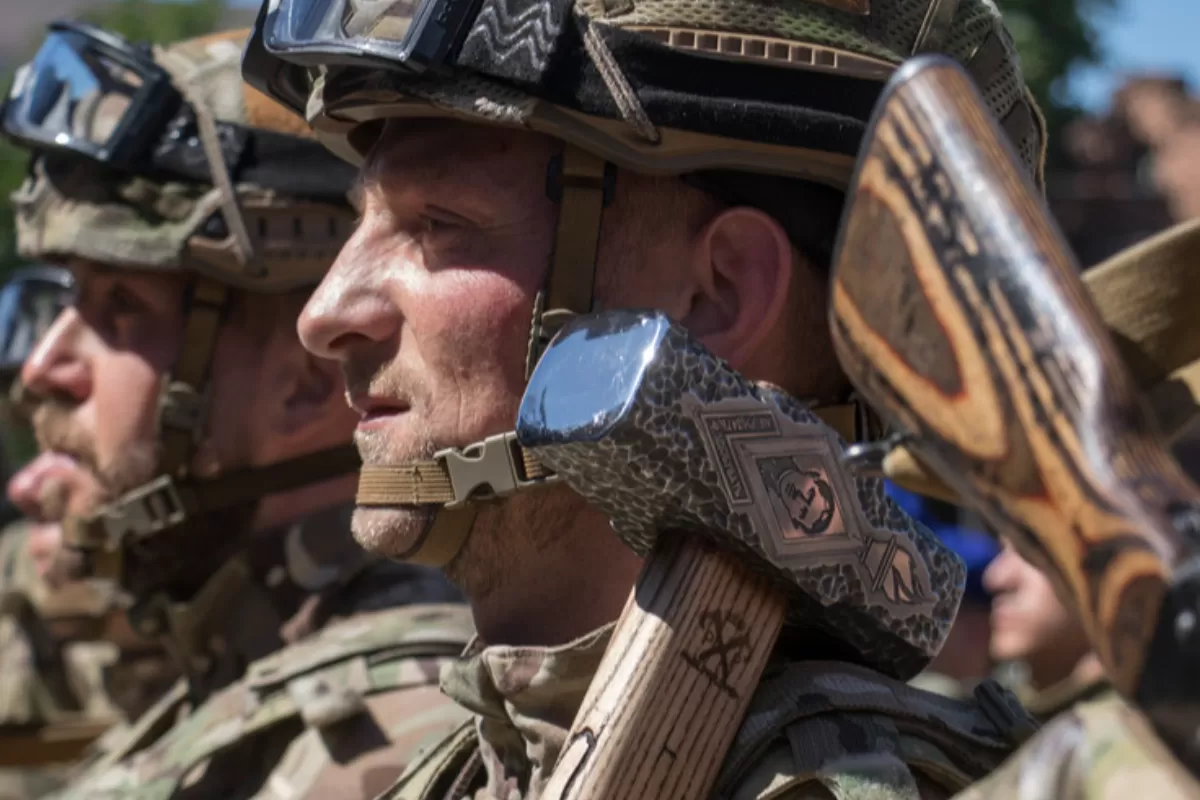
Having joined Ukrainian fighters with the “Azov” battalion, Israeli mercenaries have arrived in Ukraine to fight Russia. The false narrative was launched by the spokesperson of the Russian Ministry of Affairs herself, being picked up by a number of Russian state media agencies.

A survey carried out by an independent center a month since the start of the war in Ukraine shows massive support from the Russian population for the so-called “special operation”, as well as for the Putin administration. The support might diminish as the people start feeling the effects of the conflict and of international sanctions.
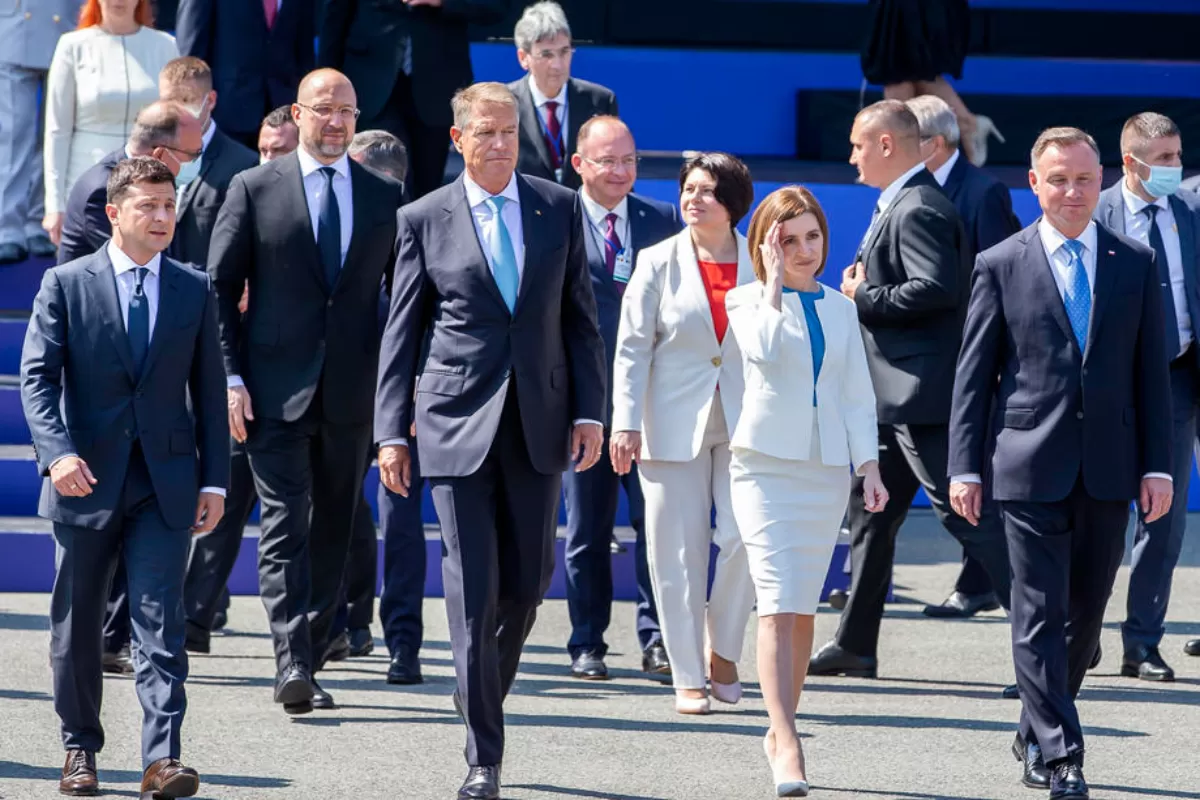
Romania, Poland, Ukraine and the Republic of Moldova will jointly attack the separatist region of Transnistria, according to disinformation narratives carried by the Romania media. The disinformation was published in Romania in a version that contains a number of false information, which is a typical example of Russian propaganda.

The Russian independent media continue to report on the war in Ukraine and its impact on the people of Russia, on the Russian soldiers who have disappeared during the invasion and the families that are looking for them, on young people who are forced to sign contracts to fight in the war, or on Russian citizens protesting against the aggression, even if they risk their freedom and their lives.
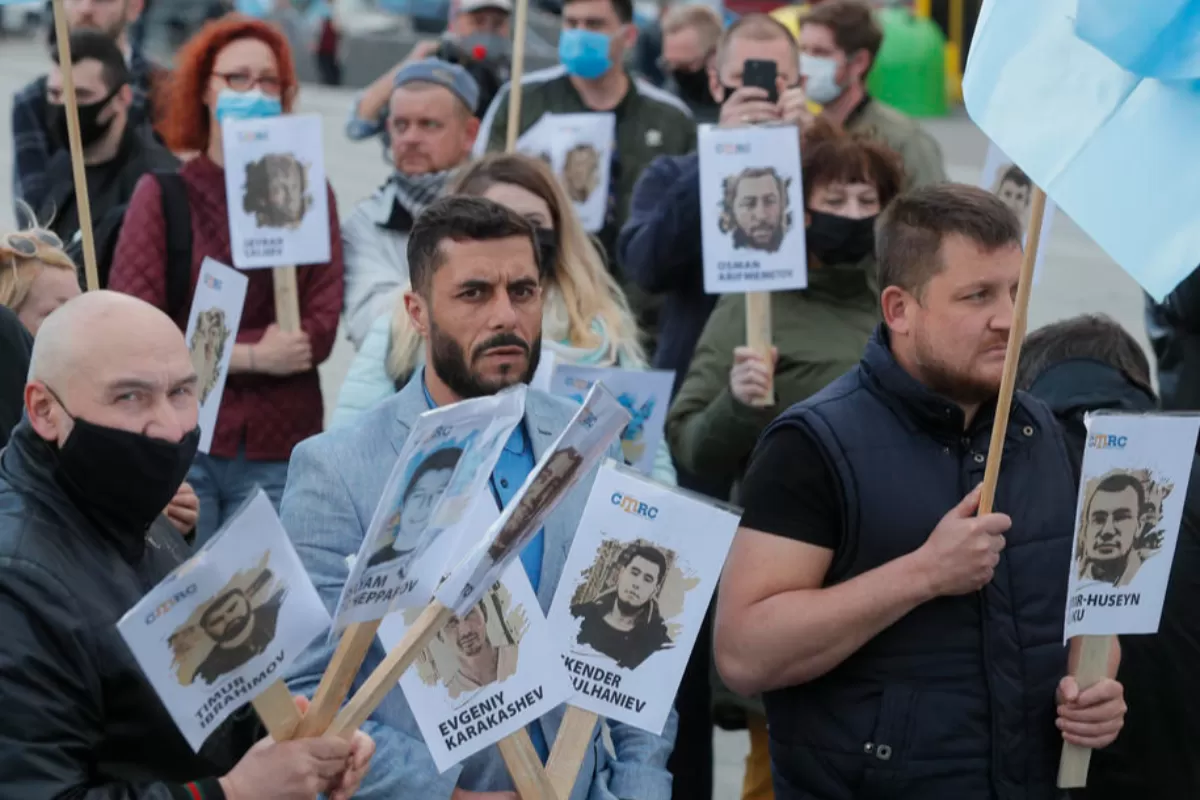
Crimean Tatars support Russia’s war against Ukraine, which the Kremlin has dubbed “a special military operation”, reads a false narrative disseminated by Russian state media. In fact, Tatars have opposed Russian aggression ever since 2014, when Moscow occupied and captured Crimea.
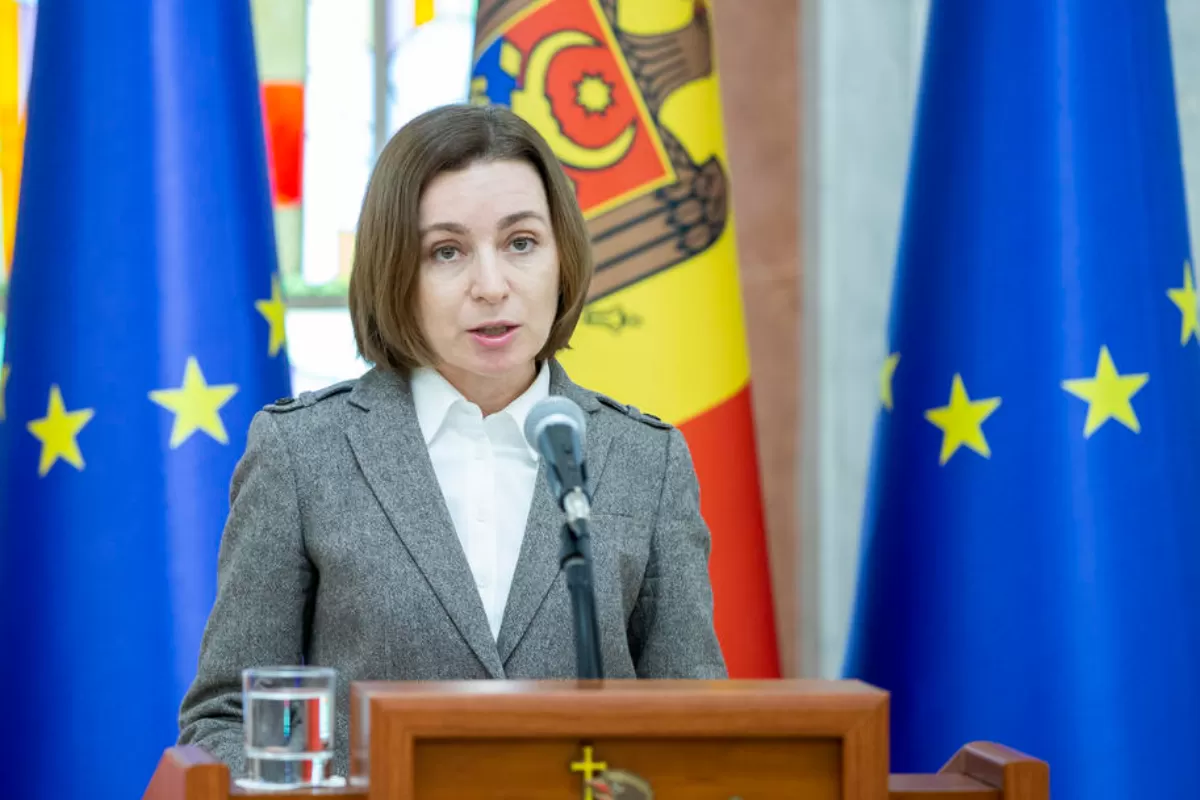
As May 9 draws closer, the day when Russia and other ex-Soviet countries celebrate the victory against Nazi Germany, the number of incidents impacting Moldova’s weak spots increases. In Găgăuzia or Bălți, there are voices calling for breaching the law banning the symbols associated with the Russian invasion of Ukraine. Several unclaimed “attacks” have taken place in Transnistria.
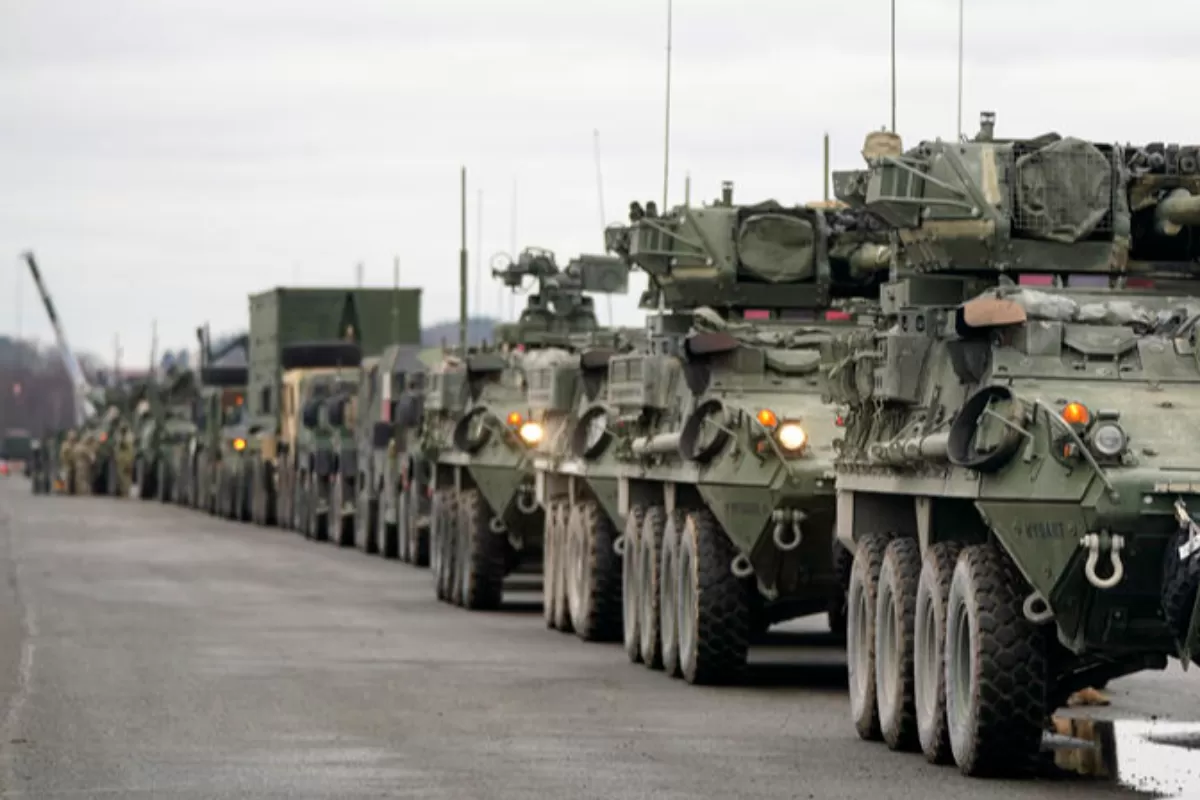
A convoy of Romanian military technology was caught on camera while moving towards with borders with the Republic of Moldova and Ukraine, the Russian media writes, referring to a video captured by an amateur with his mobile phone. The footage, used as part of other disinformation narratives as well, serves as an excuse to reiterate the fake news about Romania’s plans to occupy the Republic of Moldova and to attack the Transnistrian separatist region.

The Ukrainian army is bringing bodies and destroyed military technology to the town of Lysychansk to stage a new massacre, representatives of the Russian Ministry of Defense claim. This is the latest false narrative whereby Moscow is trying to blame Ukraine for the war crimes committed by Russian troops.

Europe’s reliance on large energy imports from Russia prevents the adoption of sanctions meant to deprive Moscow of sizable revenues, which it can use to feed its war machine. The West is looking for replacements, but unfortunately these are more often than not “smaller Russias” – authoritarian regimes that also stand accused of violating human rights.
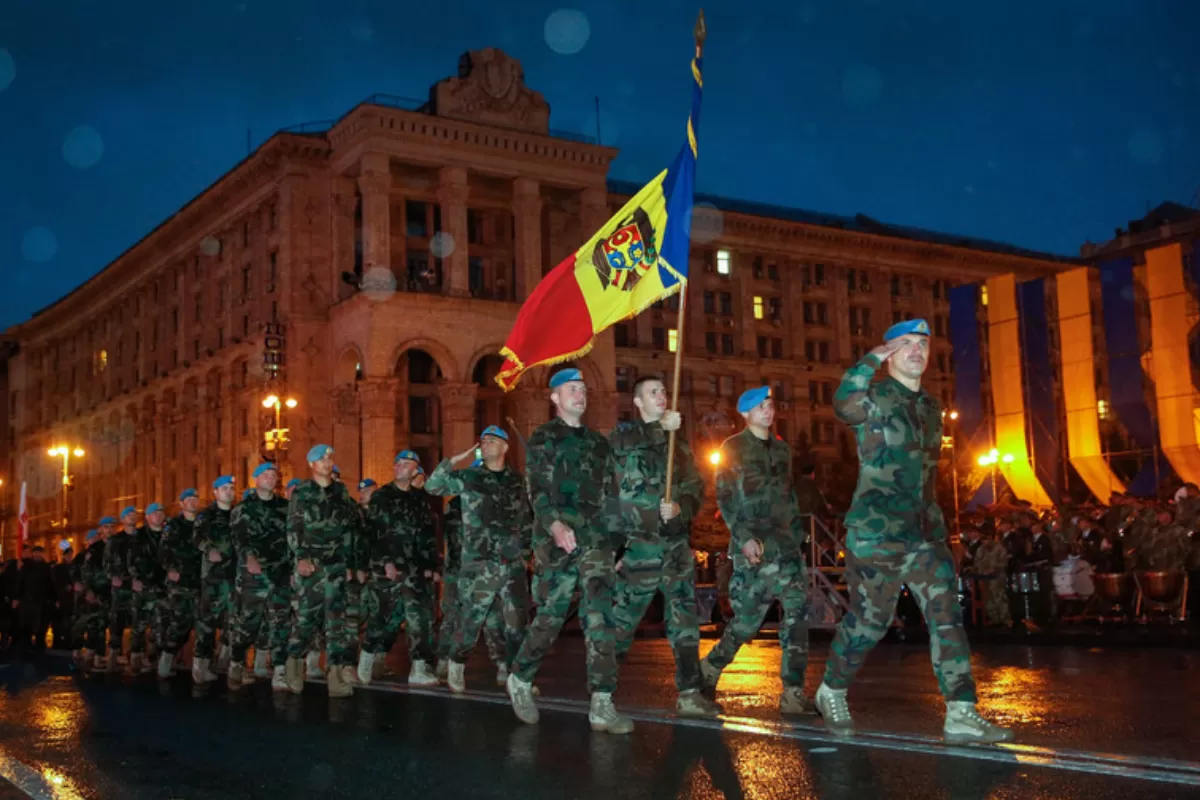
Western states and Ukraine have staged terrorist acts in Transnistria in order to push Moldova into NATO and capture the ammunition stored in the region from the days of the Soviet Union, the Russian media writes. These false narratives are used alongside an older metanarrative about the West’s responsibility for the war in Ukraine.

PM Kiril Petkov faces numerous challenges in his desire to send military aid to Ukraine including severing his relationship with the man who introduced him into politics, President Radev. On top of that, Russia cut Bulgaria’s gas supply, adding to the challenges faced by the government.
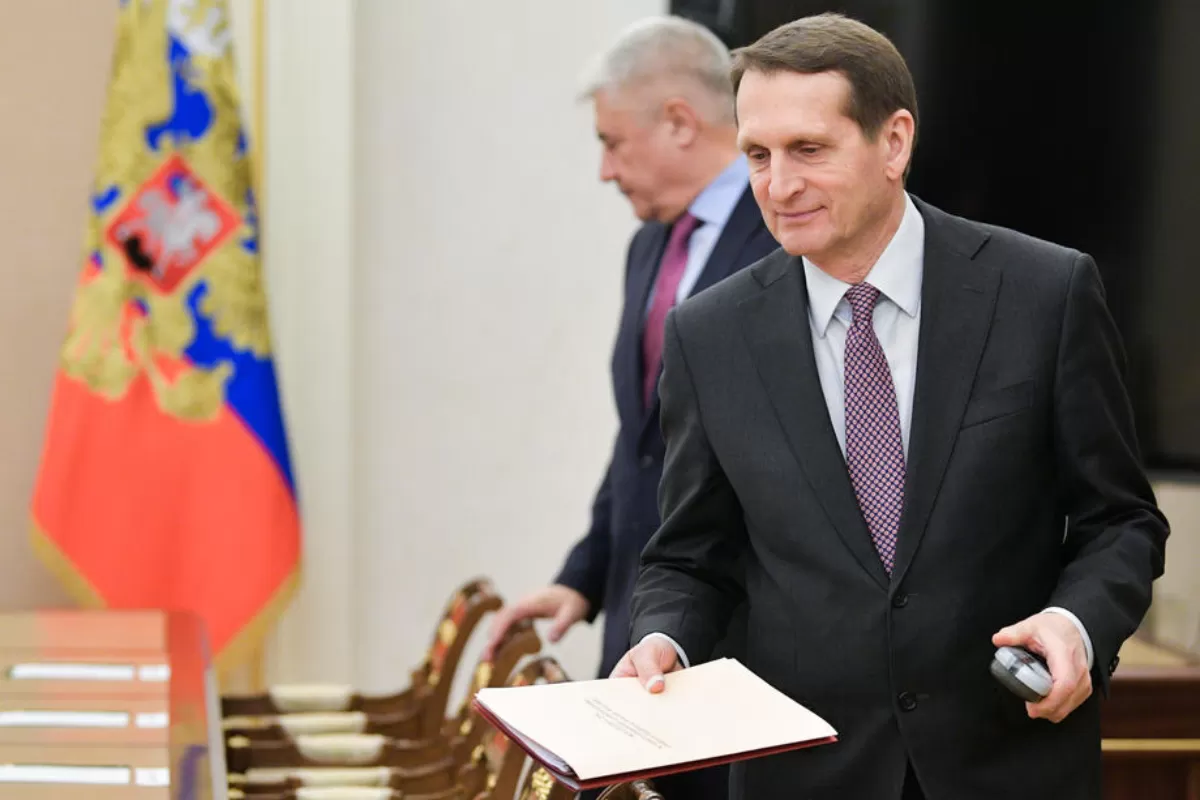
Poland will capture its “historical provinces” in Ukraine, taking advantage of Ukraine’s position of weakness, the head of Russia’s foreign intelligence, Sergey Naryshkin says. Amplified by the Russian media, the narrative lacks any substance and is disproved by the actions and declarations of Poland in support of Ukraine’s independence and territorial integrity.

Andrey Kurkov is one of the most important contemporary Ukrainian writers. He writes in Russian, but has been described as an "enemy of Russian culture." In an interview with Veridica, Andrey Kurkov spoke about Russia's return to the monarchy under "Tsar" Vladimir Putin, the decoupling - at least temporarily - from Russian culture, but also about Moscow's war against his country.

The Russian media writes about the meeting president Vladimir Putin had with UN Secretary General, António Guterres, describing it as a major win for Moscow at international level. According to false narratives published by Kremlin-linked news agencies, Putin convinced Guterres that the Nazis in Ukraine have committed war crimes and that Russia’s “special military operation” abides by UN principles.

A Russian general recently referred to Transnistria as one of the objectives of the second phase of the war in Ukraine. Will Russia stop in Transnistria, or will it actually reach Chișinău, which is literally a stone’s throw away? And what should Romania do if that happens? 1940 is the year on everyone’s lips these days…

Poland's unequivocal support for Ukraine has overshadowed the tensions between Warsaw and its Western allies. However, the problems could return, given that Jarosław Kaczyński's Law and Justice Party does not seem to be giving up its ultra-conservative policies or its efforts to fully control the public agenda and the state institutions.

Veridica has selected stories about how war lies are fabricated, how the words Ukraine and Kyiv have been removed from textbooks, and what journalism students are learning in the country's new political context.
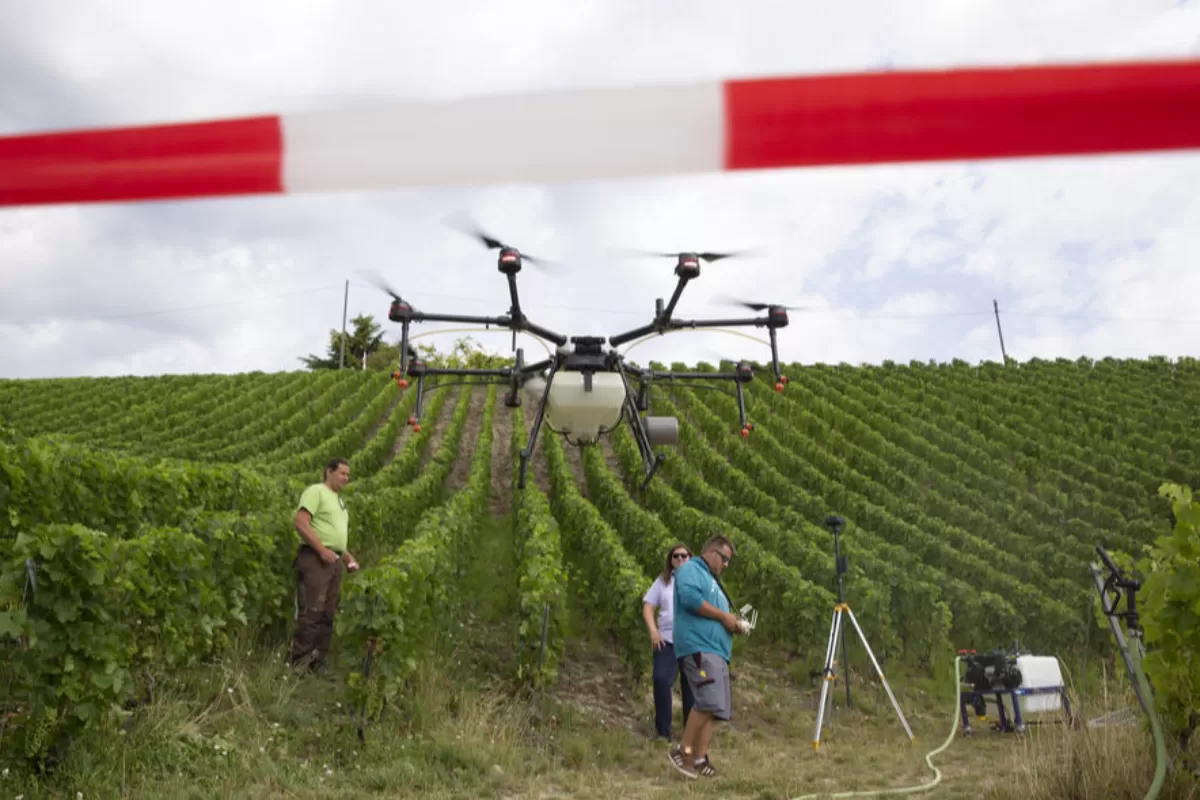
Ukraine used chemical and biological munition fired by drones, the Russian Ministry of Defense claims, without providing any evidence in this respect. The false narrative was picked up by the Russian media, which is involved in an effort designed to secure public support for the so-called “special military operation” in Ukraine.

The inhabitants of regions in southern Ukraine are calling for the unification with Russia, after being liberated from the occupation of Ukrainian nationalists, the Russian media writes. The narrative is not based on any research and is part of Russia’s wider war propaganda.

Ukraine's military intelligence service, along with the United States, has tried to trick Romania into sending special forces to Kherson, near Crimea, to be attacked by the Russians. The story was launched in Bucharest.

The Russian media writes that Ukraine is responsible for the hundreds of civilians found dead in Bucha, and in order to cover up these crimes, Kyiv has called on French gendarmes for help. In fact, French specialists only arrived in Ukraine to examine and collect evidence of the war crimes committed by Russia.